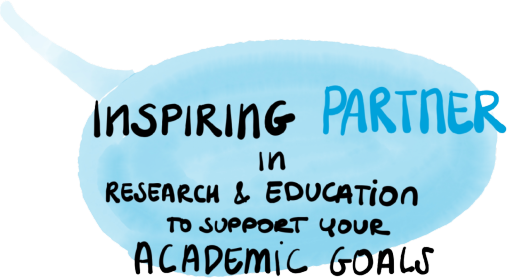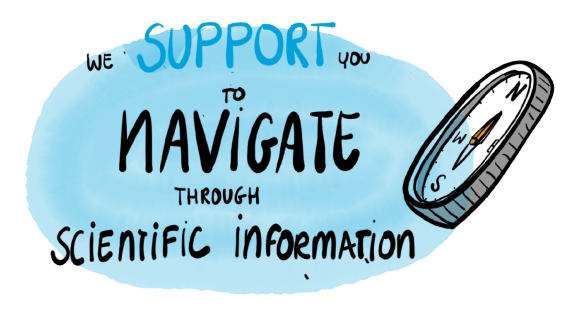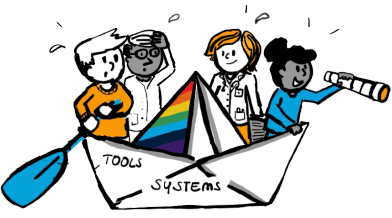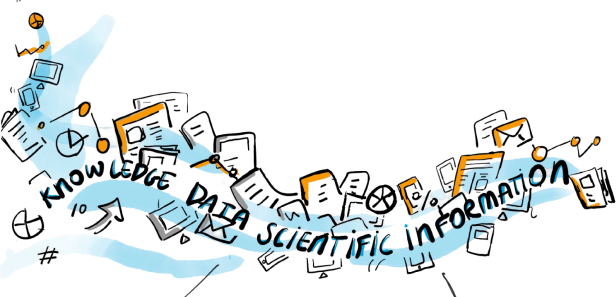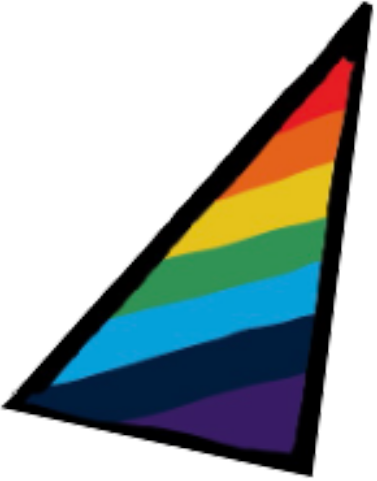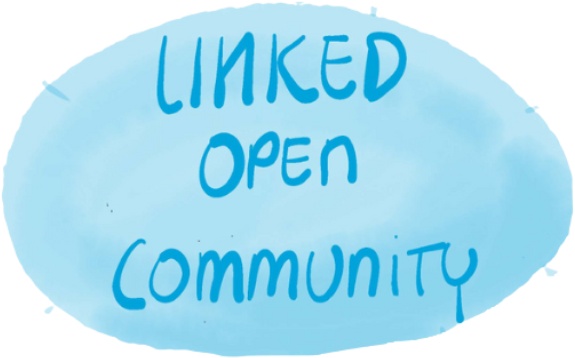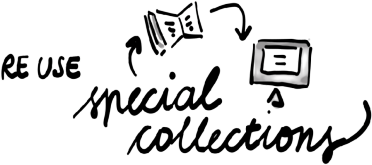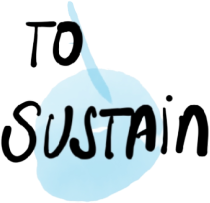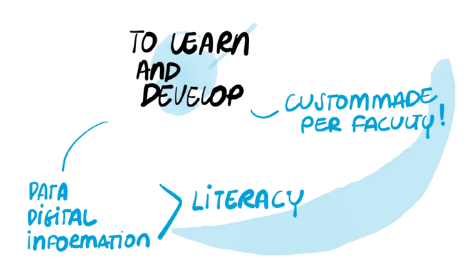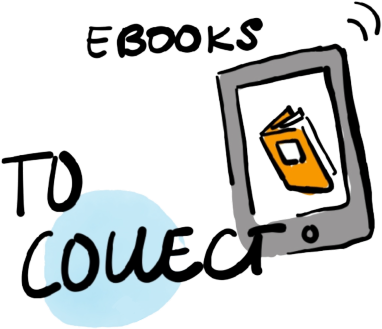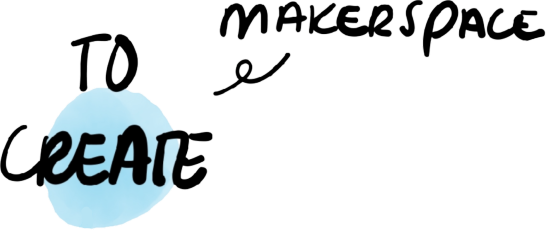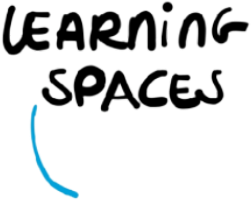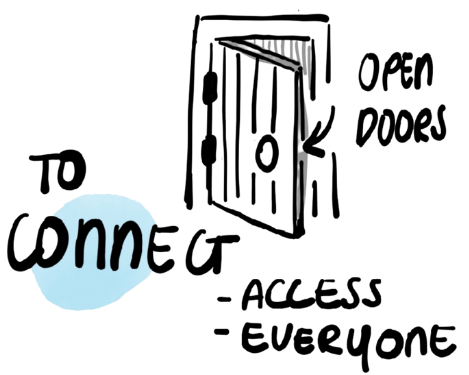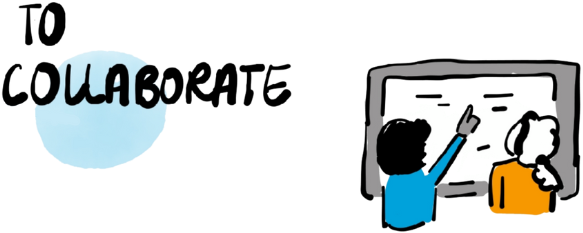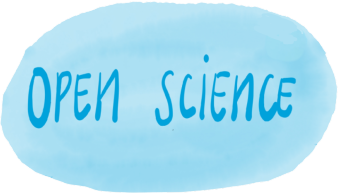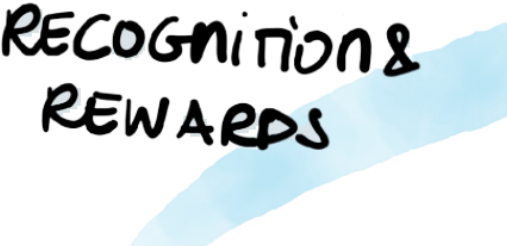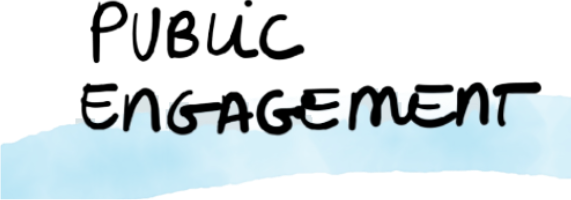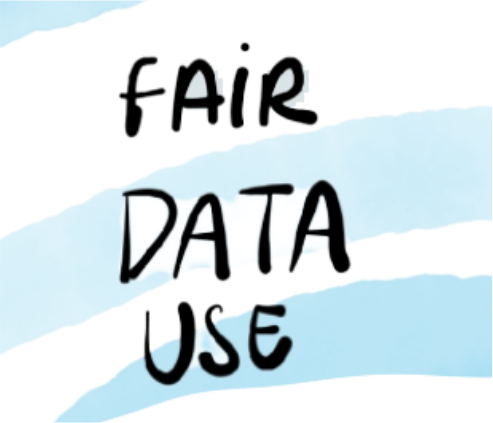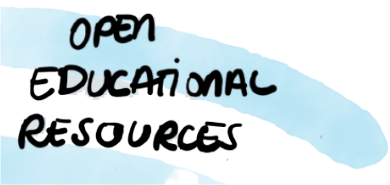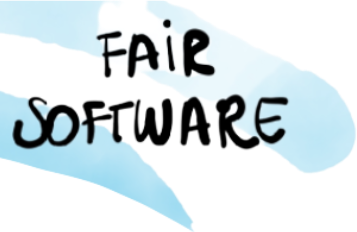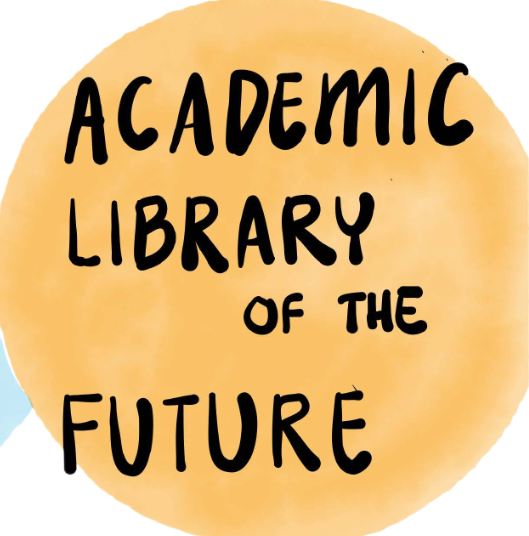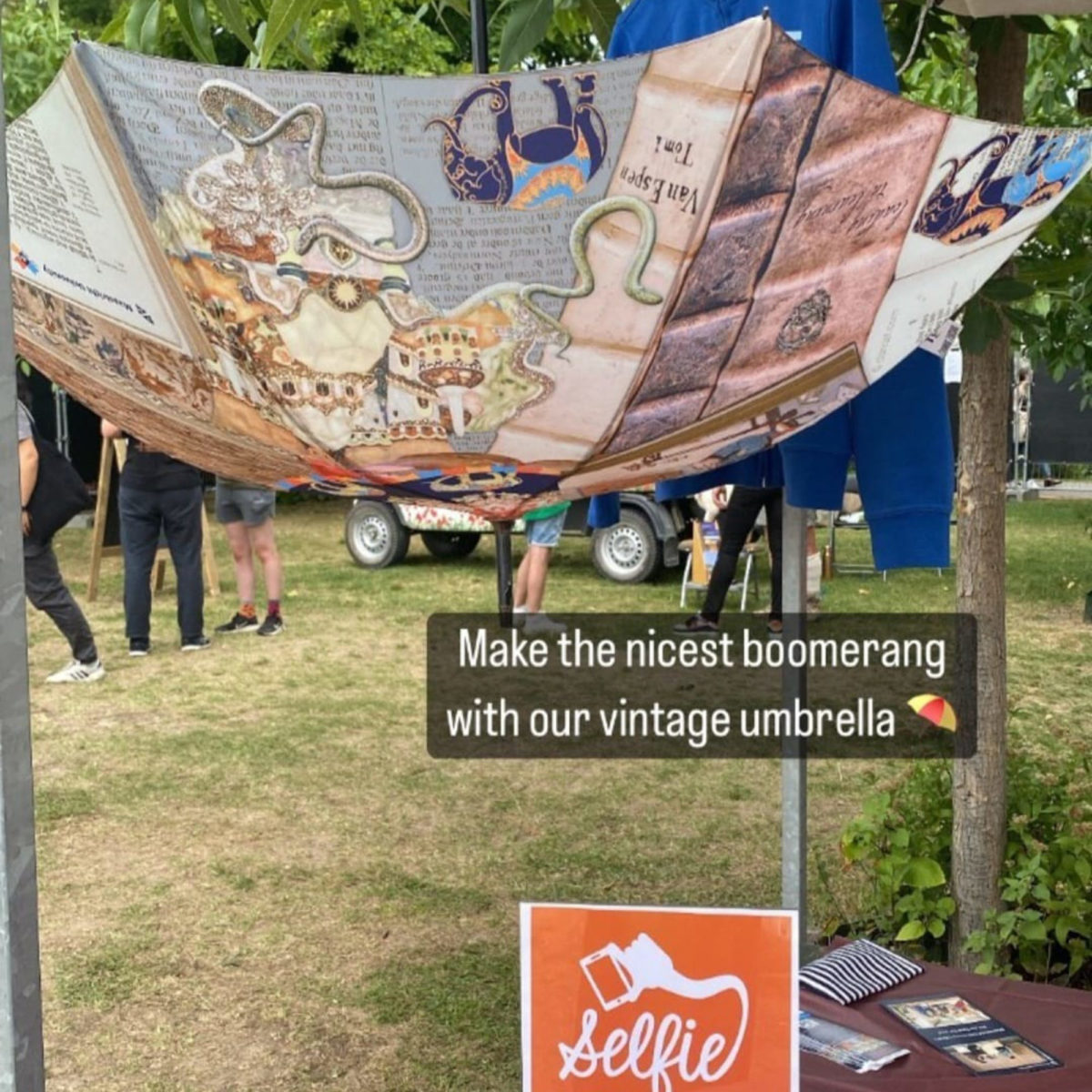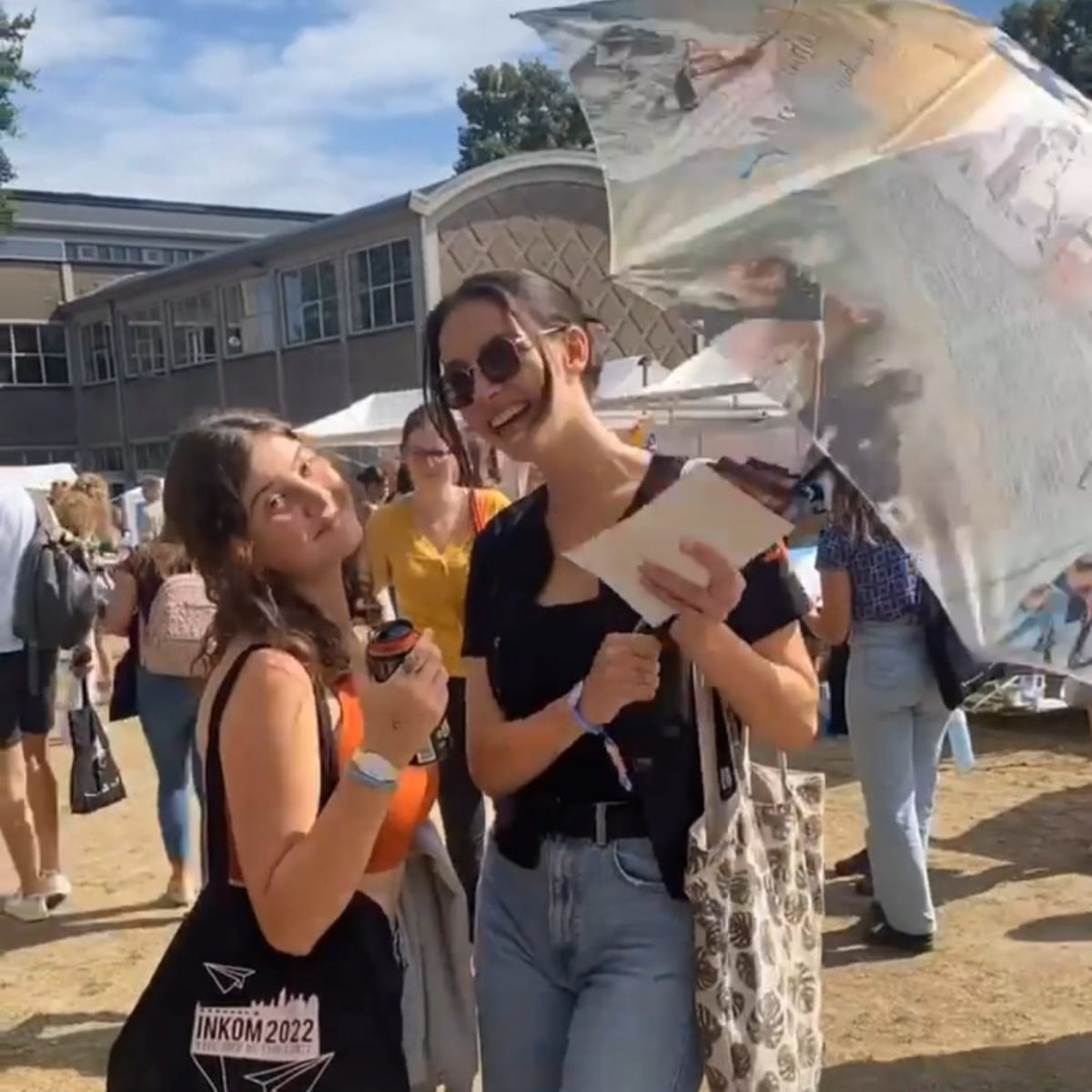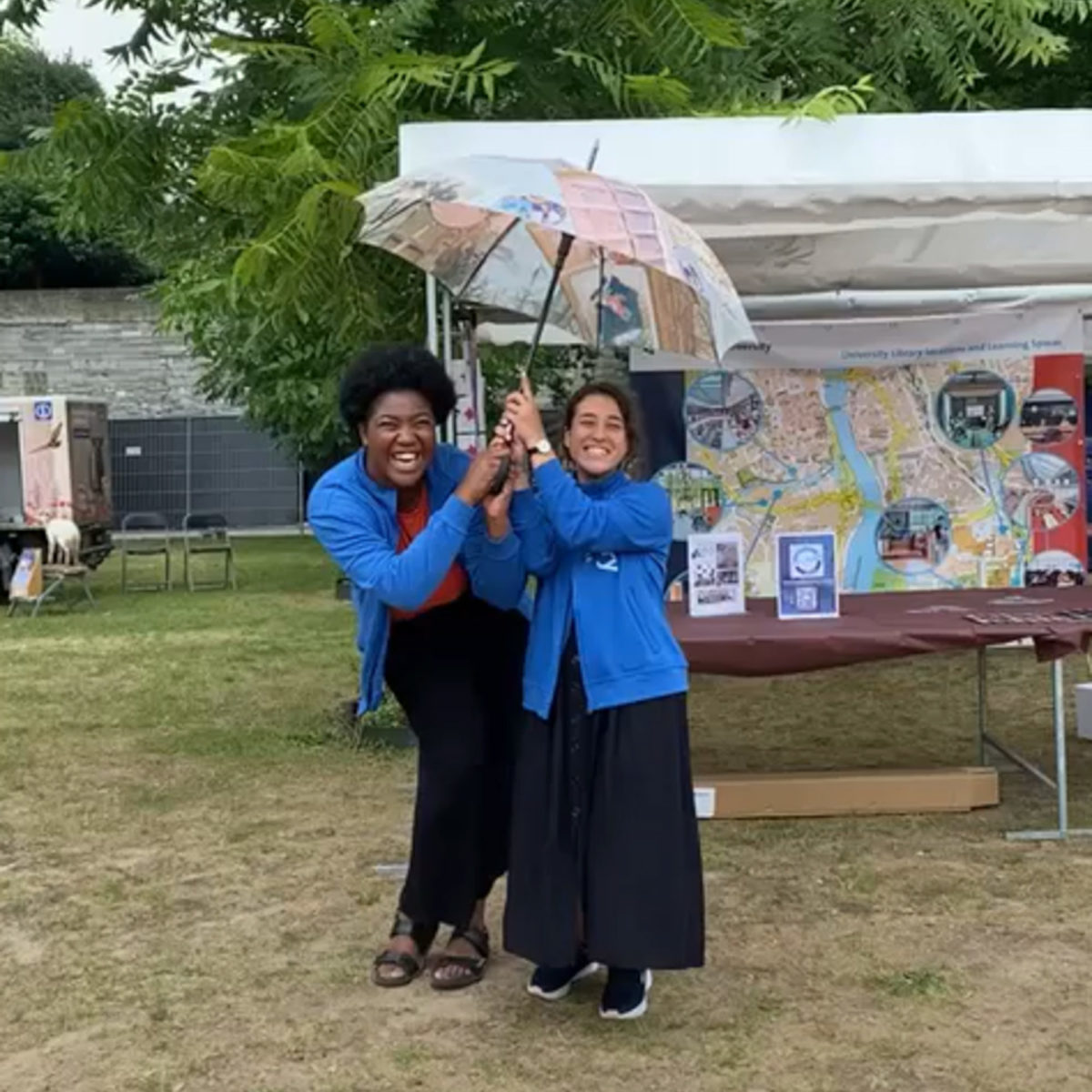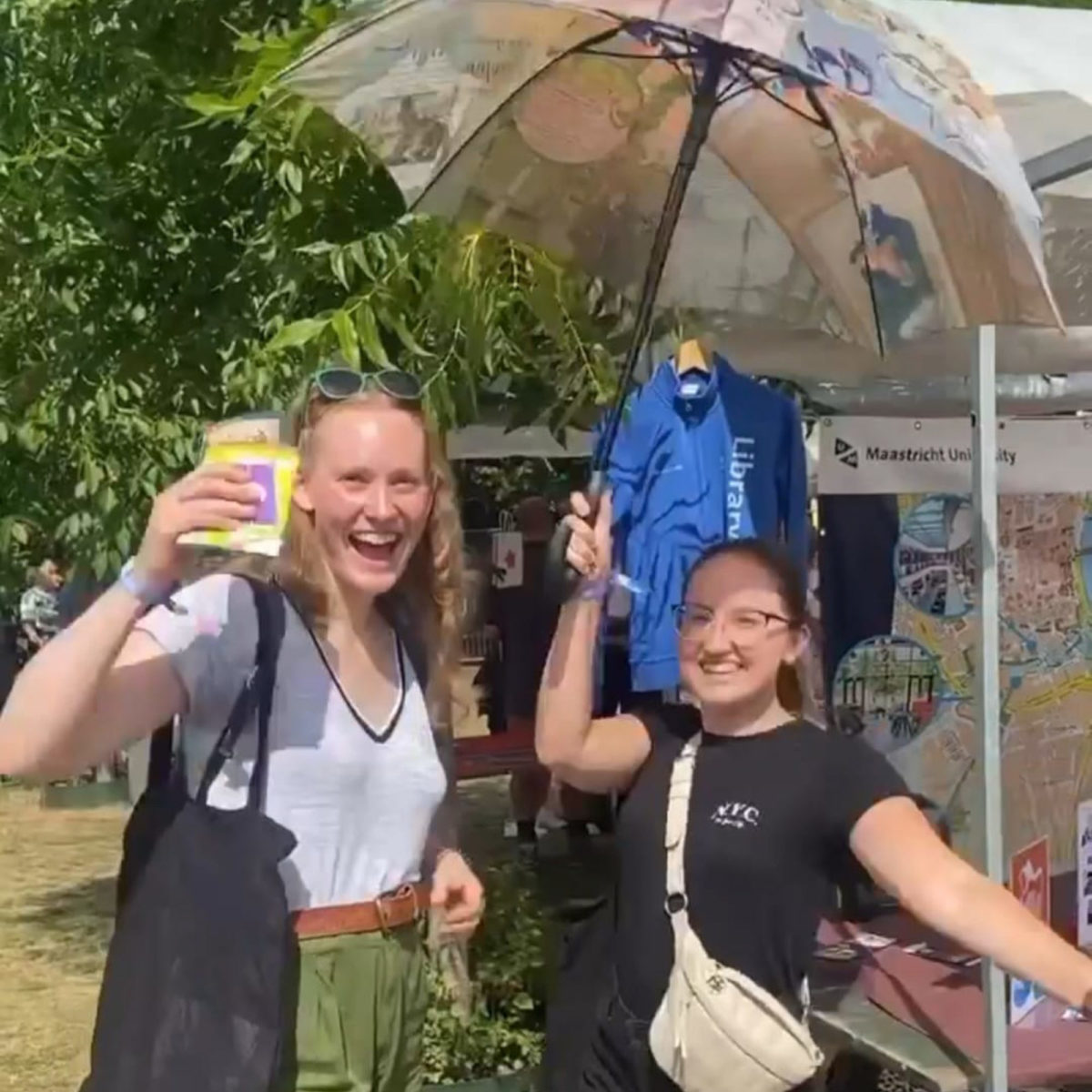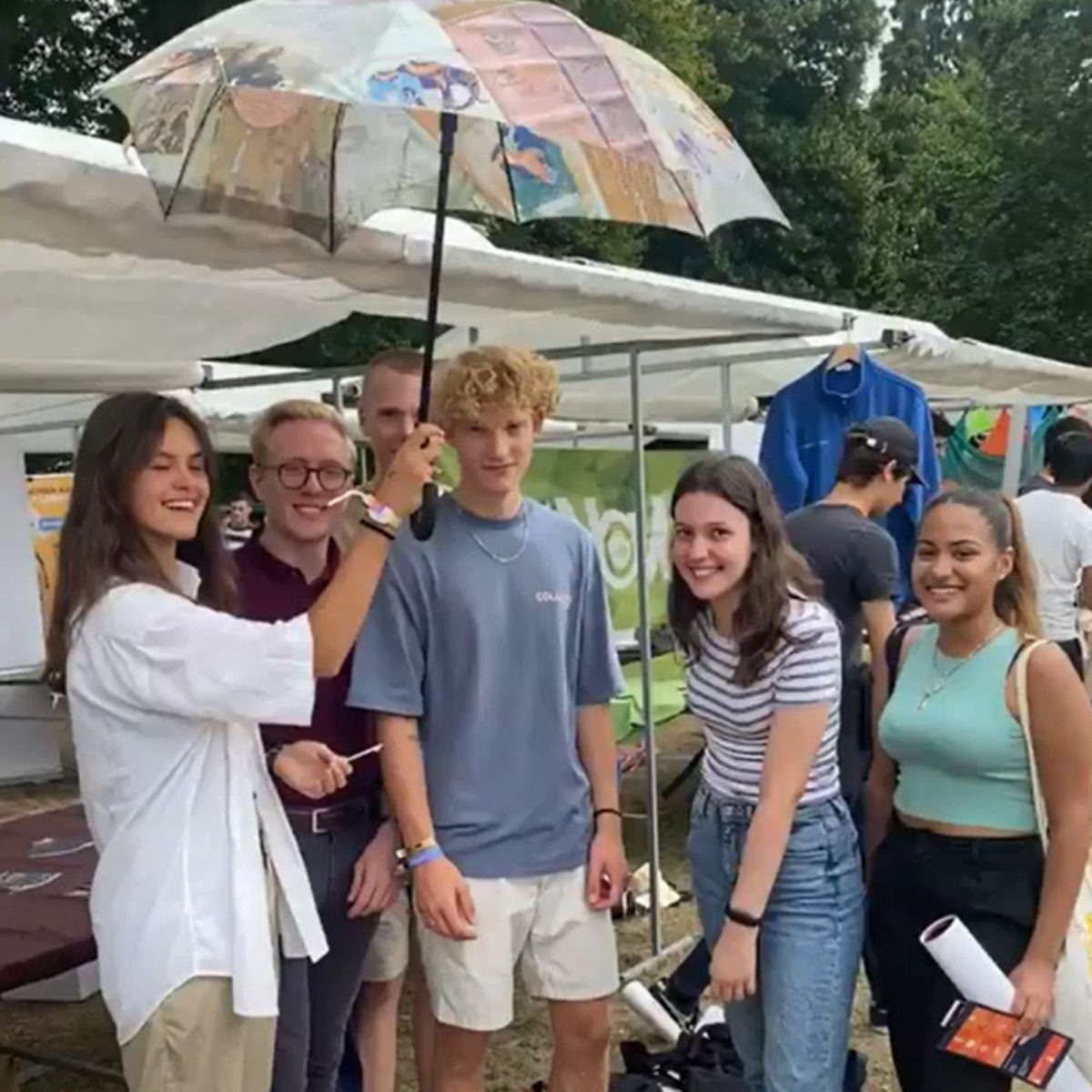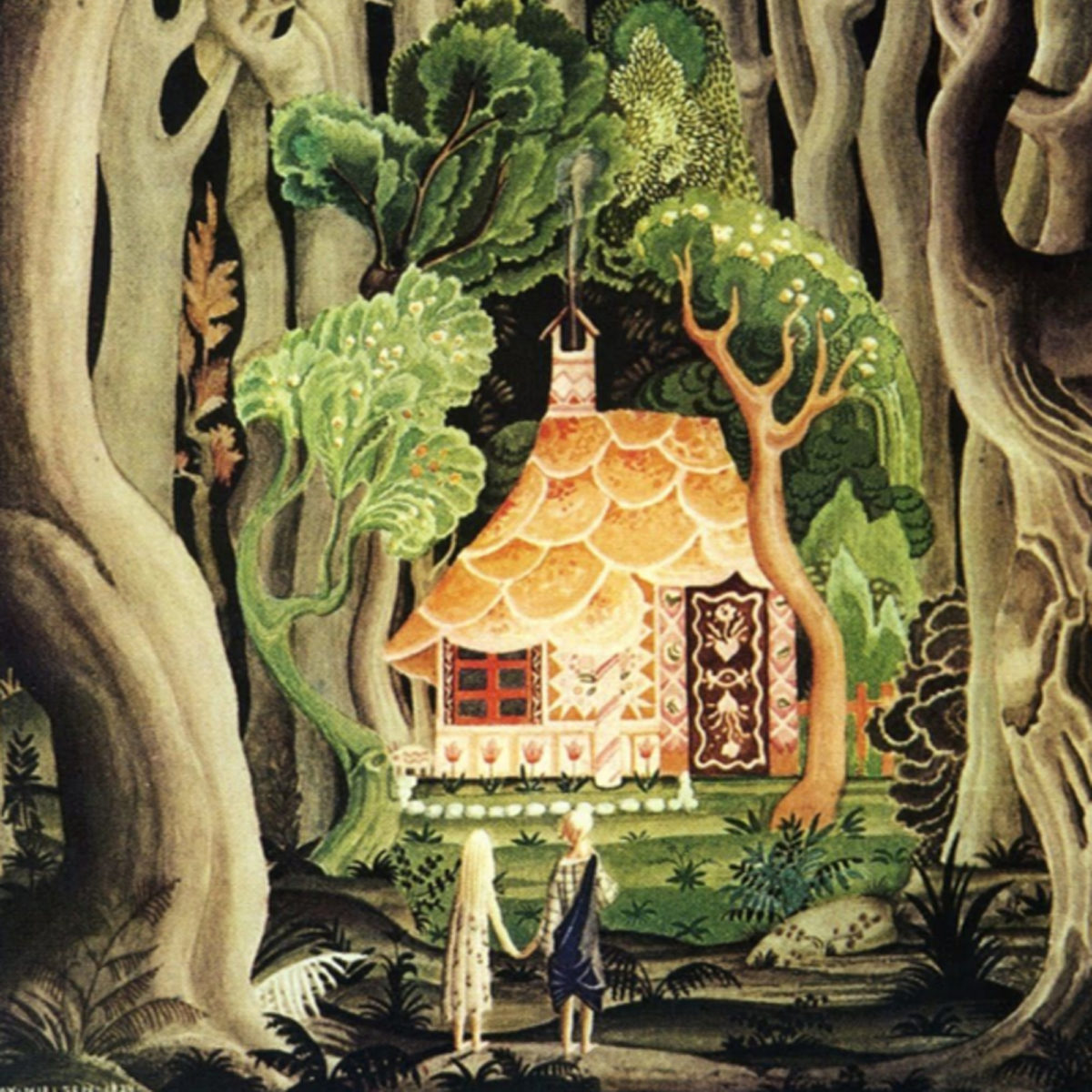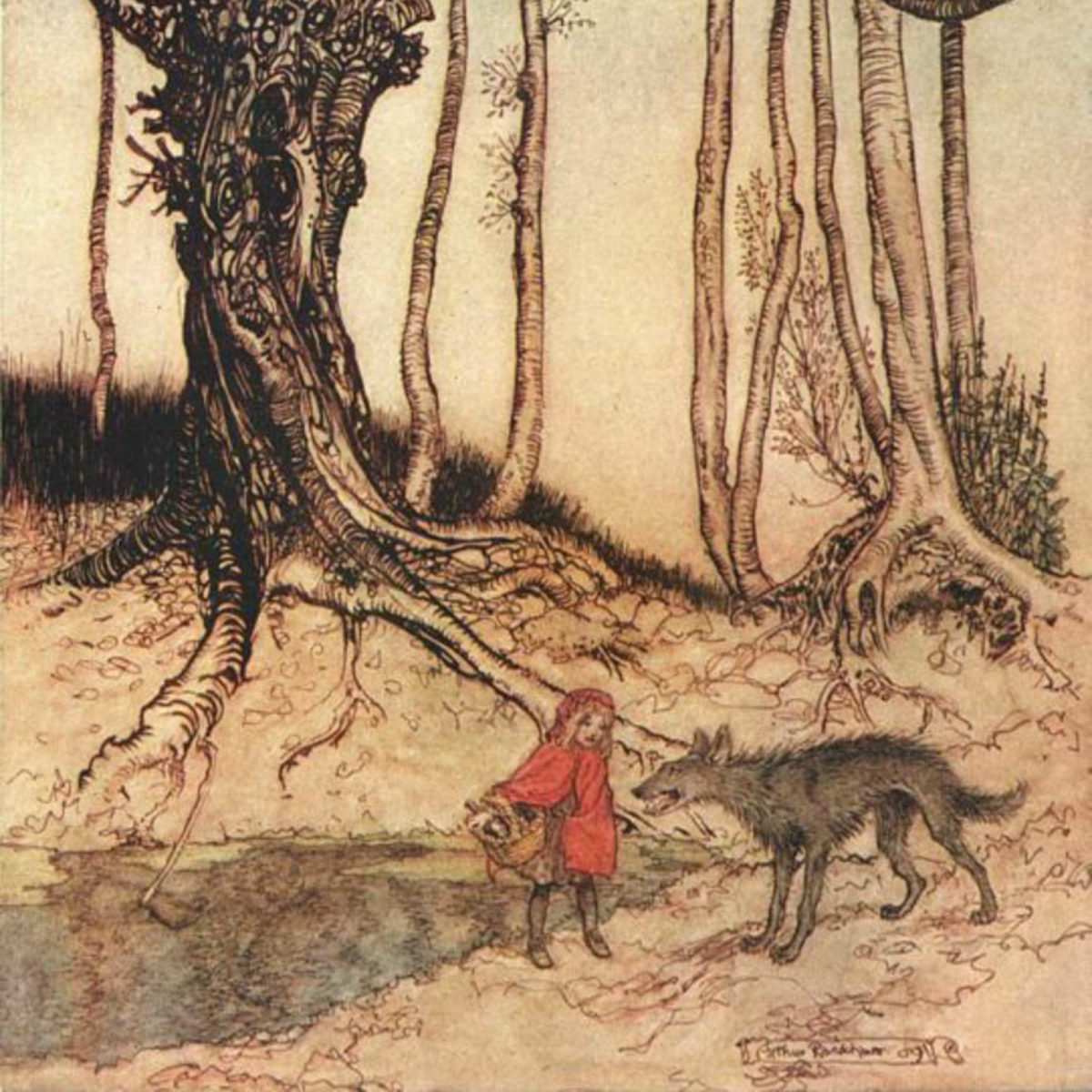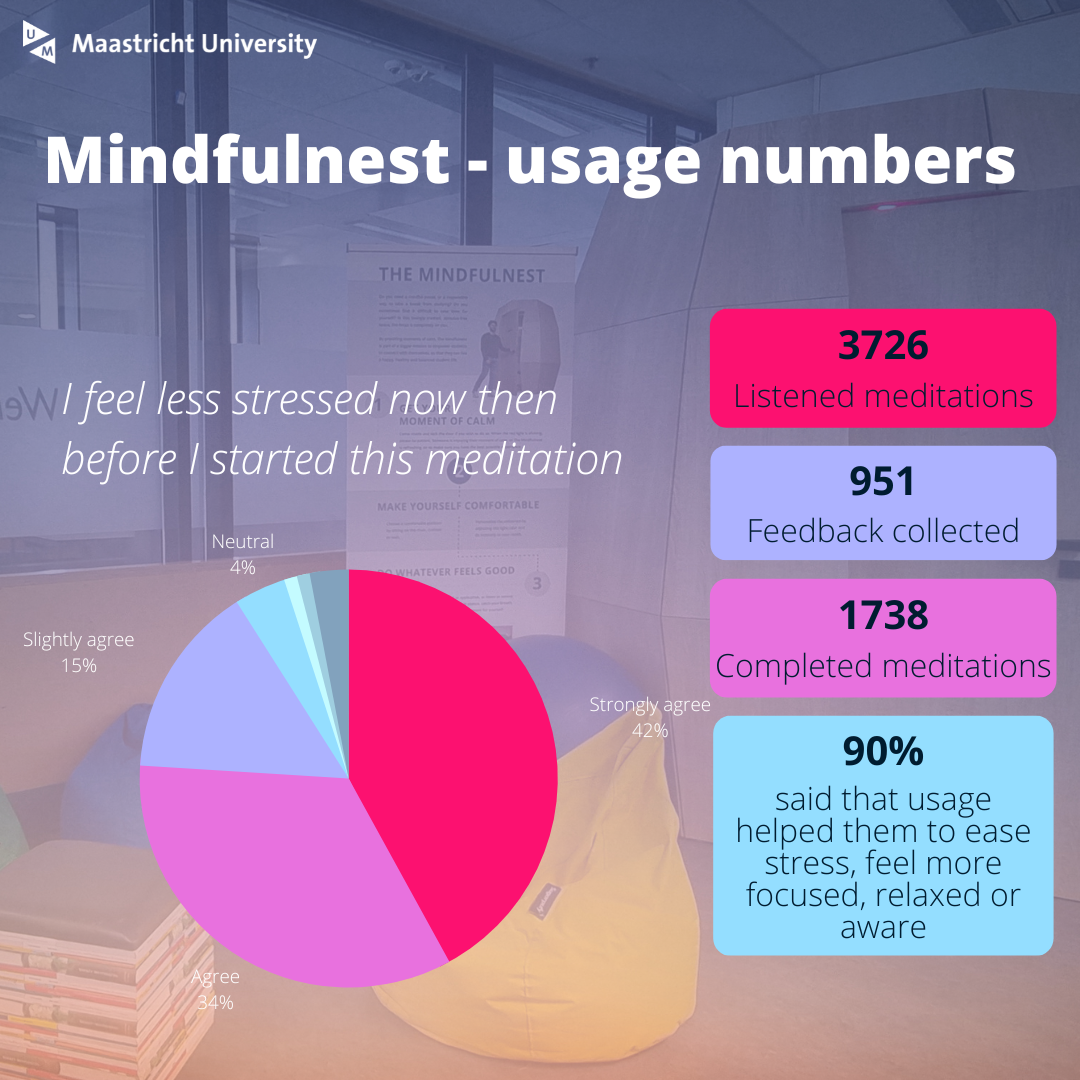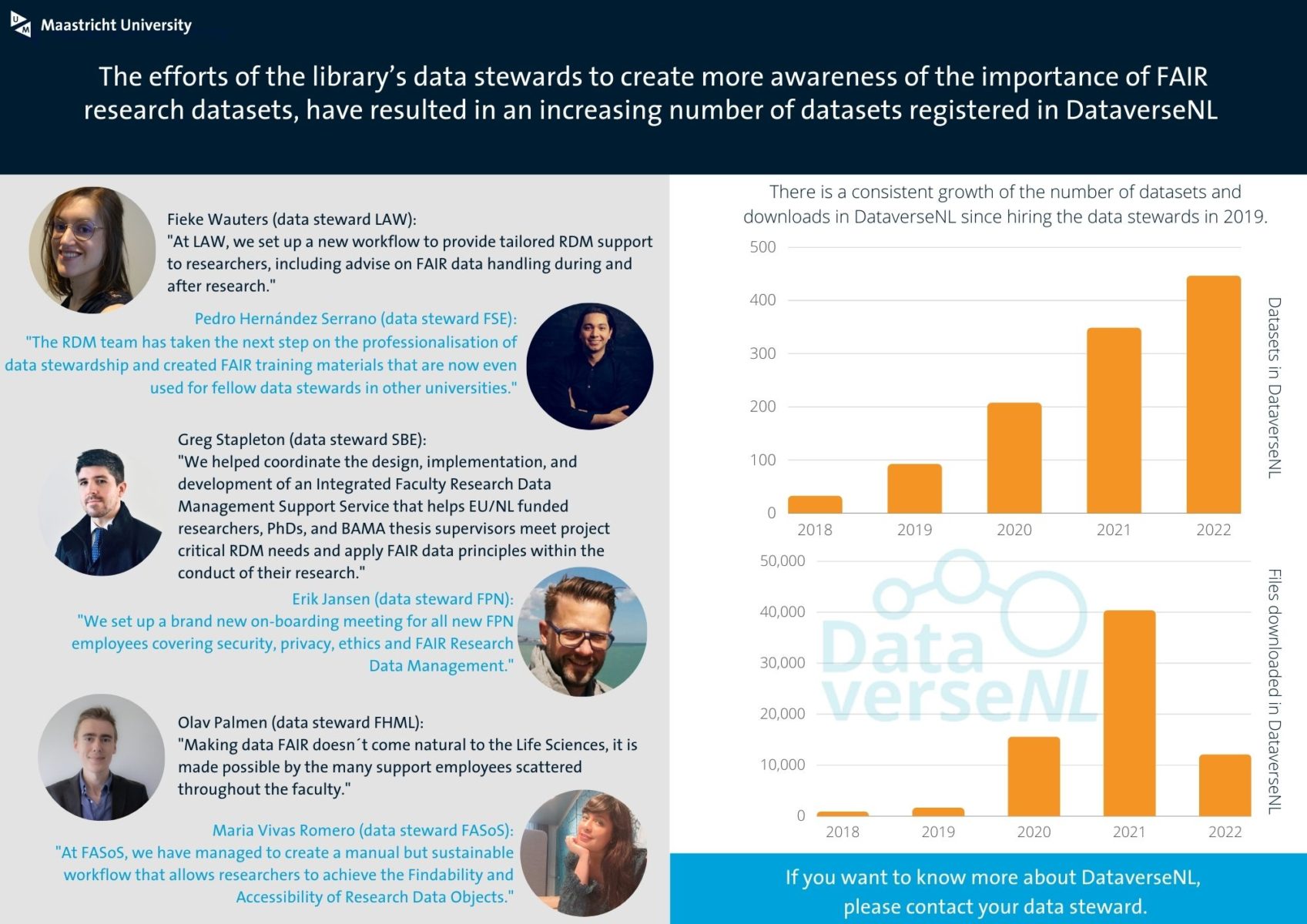Highlights 2022
In 2022, we developed our strategy for the upcoming years (2022-2026) to transition towards the academic library of the future. In the Highlights 2022, we present the results of the projects we have been working on. Maastricht University Library aims to be an inspiring partner for students, teachers and researchers to achieve their academic goals. By means of our services, we support you to navigate through scientific information. We facilitate a Linked Open Community, in which we focus on accessible scientific information to contribute to the impact of scientific output, and hence, support the academic community to achieve their Open Science goals.
Hover over the visual below and click on an element to read more about the results of the projects regarding our services and support. Use the orange ‘back to top’ button to return to the visual and choose the next topic you would like to know more about. Alternatively, use the menu on the left side of the page to discover all highlights.
We would like to thank you for the collaboration in the past year and are looking forward to foster our partnerships with the academic community in the future to support you to achieve your academic goals.
dr. Claudia van Oppen, Acting Director University Library
On this page
Inspiring partner in research and education
UM Library, more than just books!
Get to know us. This video shows the services that are offered at the Maastricht University Library, from the work we do with books and magazines, to the wide variety of support that we offer to our diverse audience of students, staff and researchers. Watch the video to get an impression of UM Library.
We are here for you from day 1
No matter where you are in your research or study life cycle, as we aim to be an inspiring partner for everyone in the UM-community, we are here for you from day 1! Hence, the importance to us to meet you right at the start of your UM career, for example during INKOM and the New employees introduction meeting.
Renewed Online Library
The University Library’s website – the Online Library – underwent a true metamorphosis: new look & feel, but above all more user friendly.
Copyright
To learn more about the options to stay away from copyright problems in research and education, the library created a short video.
Do you need more information or advice about copyright (issues)? The UM Copyright Information Point provides services to support students, teachers and researchers.
Overleaf – LaTex Editor
The Library provides access to the professional version of Overleaf. Overleaf is a versatile, online, collaborative LaTeX editor that is particularly popular in math-heavy disciplines. Visit our support page for more information and tutorials on LaTeX, Overleaf including how to activate your professional account.
Knowledge data scientific information
CRIS portal
Let the world find more than your publications by completing your researcher profile in our research information system.
Diversity & Inclusivity
Decolonisation
Health sciences or medical curricula worldwide is heavily informed by the biomedical gaze on health, firmly rooted in Western, evidence-based paradigms. Other knowledge systems, including different types of local knowledge and perspectives are typically underrepresented in learning and research resources used in academia. This lack of awareness of and appreciation for non-western knowledge can have dire consequences when policies or interventions fail due to misinterpretations or misunderstandings. The UM master programme Global Health has realised the importance of critically reflecting on the learning resources used in their curriculum through a decolonisation lens, with the aim to ensure a healthy balance between conventional (often western) evidence-based sources and other knowledge systems or sources written from a ‘local’ gaze.
Our information specialist Dr. Floor Ruiter is working with the Global Health master programme to identify sources of (local) knowledge, assess to which extent local gaze is represented in those materials and to develop a structural approach for uncovering pluriverse resources.
“Decolonising global health is fundamental to reducing health inequities structurally.” -Gonny Klabbers, senior lecturer department of Health Ethics and Society, programme director MSc Global Health (FHML).
FEM/UM Citation guide
Female Empowerment Maastricht University (FEM) has been working hard on a publication aimed at opening the discussion around citation practices. Through this guide, discover citation practices for students and teachers, and access different sources highlighting women and/or POC (People of Color) who are often overshadowed in the reference lists of our academic research projects. Lidwien Hollanders from Maastricht University Library also participated in the creation of this guide.
Linked Open Community
As the University Library, we play a role in fostering the UM-community, offline and online. We do so by, on the one hand, providing Learning Spaces where students can gather and share knowledge. On the other hand, we make scientific information accessible for teaching staff and researchers. Increasingly, we use linked open data techniques that enable to connect information and resources so that they can be presented as a whole. We started with the implementation of Omeka S, an open source application that facilitates making linked open data available.
Re use Special Collections
Exhibitions
Once upon a law: Maastricht University Library, the Faculty of Law, and the Faculty of Arts and Social Sciences present an exhibition highlighting the relationship between the stories of the Brothers Grimm and their lesser-known works about language and law. The exhibition focuses on the perspective of the Grimm brothers as legal scholars, and through that lens, underlying legal customs become visible in the themes of their most famous fairy tales. Visit the digital Grimm exposition.
A small exhibition called the Golden Age of Illustration was presented in Centre Ceramique. It is part of a larger initiative to promote public access to the exceptional works held by Maastricht University Special Collections.
To sustain
Digitising – a new bookscanner
To guarantee sustainability, we focus on digitising our collection. By investing in equipment like a new book scanner, we make sure our collection is accessible in high quality.
To collect
SURF deals
In 2022 several ‘read and publish’ deals were made. Worth mentioning are the deals in collaboration with UKB (partnership of Dutch University Libraries and The Royal Library of the Netherlands) : the American Institute of Physics and Thieme. A local Maastricht University deal has been concluded with Portland.
Renewals were made for Springer, Brill, Royal Society of Chemistry , American Chemical Society and Sage.
We also added Scopus to our list of databases (multidisciplinary).
Talking about books
Talking about Books is a new series in which enthusiastic readers and authors promote their favourite book. In December, the first video kicked off the series. This series is especially interesting for the UM-community and anyone else interested in the book collection of the University Library. Watch this series on our YouTube channel and discover books in the UM Library collection you did not know yet.
To collaborate
Collaboration with Radboud
Growing into a powerful academic partnership in the south-east of the Netherlands is the aim of the collaboration between Radboud University Nijmegen and Maastricht University. As part of the collaboration agreement, a module in Digital Sustainable Heritage was developed with our curator Odin Essers as one of the lecturers.
To create – Makerspace
Multimedia rooms
By providing multimedia rooms, we support education with other functional and educational needs. In 2022, the service expanded by introducing a brand new DIY-podcast and editing studio, which undergoes a renovation to turn the room into a true recording and editing studio. Meanwhile, the Makerspace and DIY-video studio are well integrated in the education of the UM-community.
“The DIY video studio has been useful to consistently create relatively high-quality videos with minimal effort. Of course you still need to do some preparatory work (the slides and the script), but once that is done – it is a matter of clicking a button and reading from the teleprompter. Personally, I think such a facility reduces the perceived difficulty of recording videos and promotes use of videos in education and/or other areas. I find it crucial to be able to make this opportunity available and accessible to include people who are not so handy with technology, especially after the COVID lock-downs, where we all had to move more towards the digital environment. I found the DIY video recording useful to swiftly create videos that looked professional and appealing to share with a wider audience while minimizing other factors (weather, lightning, place, and equipment).” -Erik Kikas, SBE student and career counsellor.
To connect
Digital accessibility
To increase digital accessibility and enhance access for everyone, the University Library, Disability Support and M-BIC language lab joined forces and started the project ‘When every word matters; studying without barriers’. The project received a grant from Maastricht University’s Diversity & Inclusivity office. Since a large part of studying is focused on reading content – whether these concern readings (for instance e-books, articles) or teacher created material (think of videos, presentations or course books) – we will focus on testing and selecting systems and tools that can help students to read texts if this appears difficult.
In June 2022 we presented during the EPIC conference on the project and gathered experiences from other HE institutes on the topic of digital accessibility and read aloud tools. View the project poster.
To learn and develop
Data, Digital, and Information Literacy
The library set up plans to expand the support on digital and data literacy (especially for bachelor and master students). These plans will be put into effect in 2023. Next to that, two modules for systematic literature review were published (scientific literature reviews and advanced literature searching) , accompanied by a workshop.
To learn more about incorporating information literacy in your education, please check out the website for more online modules and inspiration.
Learning Spaces
Learning Spaces locations and study places
We offer state-of-the-art learning spaces and are constantly searching for possibilities to innovate. Therefore, a new approach was adopted. In collaboration with Facility Services, we aim to create an environment in which study places are combined with the different needs of our audiences on three levels: living & learning, sports & learning and education and learning. Other than that, a project leader innovative learning spaces was hired, who’s goal it is to make sure we work on offering the best learning spaces.
Wellbeing
Wellbeing room and activities
Following UM’s policy, we care for the wellbeing of the UM-community. Next to the Mindfulnest in the Inner City Library, a Mindfulnest is now also available in Randwyck Library. Both open to students and staff. Furthermore, we participate in the Wellbeing weeks organised by SSC, by offering multiple workshops and activities.
Open Science
Renewed Open Science policy
The Open Science policy has been updated and expanded, in line with UM’s strategic plan 2022-2026 in which Open Science is described as ‘the norm’.
Fair Data use
DataverseNL
For more information about Fair Data use and contacting your data steward, visit the RDM portal.
Open Access
Maastricht University Bookpress
This 2022 Open Science library pilot resulted in an Open Access Book Fund and the first book of the Maastricht University Press, the new scholarly-led Diamond Open Access publishing house of Maastricht University.
Open Educational Resources
OER
The library created a portal on open educational resources for teaching staff and students. Take a look at the selection of repositories for our UM faculties and information on how to share educational material yourselves. Not yet familiar with open educational resources? Walk through our self-paced module and learn about the possibilities for your courses.
Academic library of the future
Strategic Plan 2022-2026
This year, the strategic plan 2022-2026 was adopted. With the presentation of the plan in a visual, we aim to fill the drawing with all the projects we work on to support students, teachers and researchers achieve their academic goals. And with these projects, we strive to become an academic library of the future. Want to know more about our strategic plan? Watch the video.


